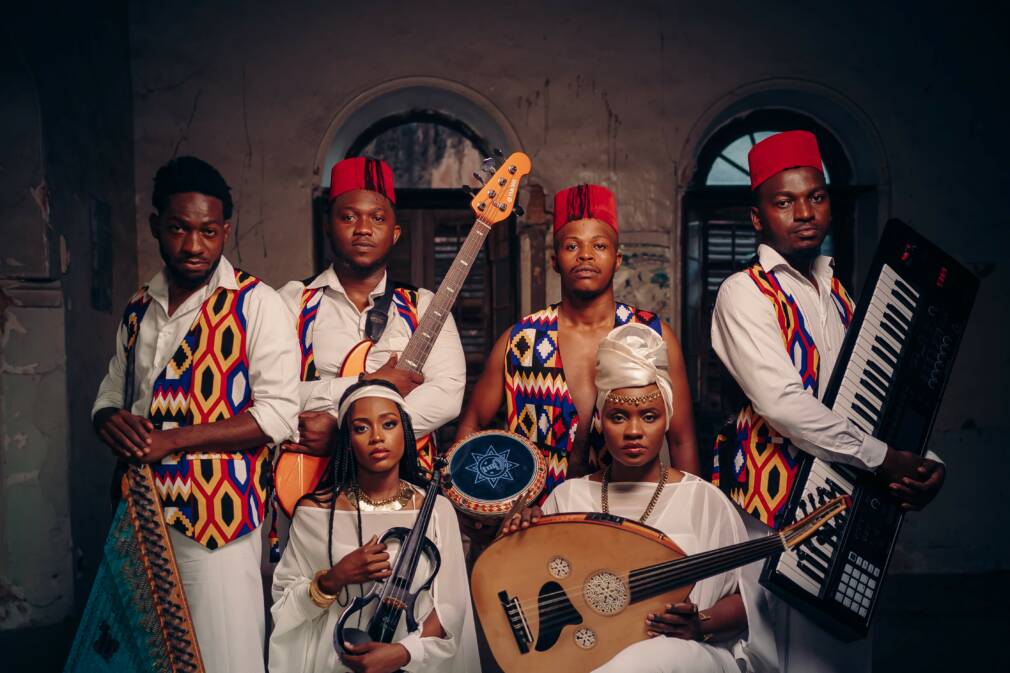The Zanzibari festival returns in 2024 for a 21st edition. Focus on this major event in East Africa, which celebrates local cultures and welcomes the whole world.
While the world of events is gradually becoming aware of the socio-political issues that festivals can have, there are now numerous cultural and artistic events which claim to defend themes such as women’s rights, ecology, access to education… On the island of Zanzibar, in Tanzania, for 20 years now the Sauti za Busara festival (the “sound of wisdom”) has combined local social dimension with cutting-edge artistic programming, emphasizing on discovery and singularity. Launched in 2003 in Stone Town, the old town in the heart of the island of Unguja (the main island of the archipelago), the festival is currently preparing a 21st edition – from February 9 to 11, 2024 – which promises to be as high in color than the previous ones: “ We received applications from artists from all over the world, almost 500 », says Journey Ramadhan, director of the festival. “ It was very hard for the jury to establish the list of selected artists ».
With a historical focus on the East African scenes, the public (4000 people each evening) will have the opportunity to see established Tanzanian artists such as Sholo Mwamba, Wakazi or the group Siti & The Band who have endorsed the rich heritage of the island, taarab, by combining it with jazz, funk or reggae. The festival also welcomes musicians from other regions, notably from southern Africa, such as Selmor Mtukudzi (Zimbabwe), daughter of the legend Oliver Mtukudzi, but also the singer Zoë Modiga or the psychedelic jazzmen of the group The Brother Moves On (Africa from South). Finally, on the West and North Africa side, Mádé Kuti, son of Femi and grandson of the illustrious Fela, will be on stage with his Nigerian big band The Movement, while the Algerians of Ita & Mehdy will present their cocktail traditional-electronic. “ For more than two decades, the festival has provided artists with a platform to showcase their identity. “, rejoices Journey Ramadhan. “ They are then very often invited to participate in other international events. » A platform which also gives a chance to female artists who are often under-represented in major events in the field: witness the programming of the Zimbabwean Mary Anibal, the Kenyan Muhonja or the Reunion Islander Sibu Manaï.
Upstairs Hall
Beyond the music and events, the key to the success of Sauti za Busara is also its deep roots in the island, in tune with its communities. During the preparation but also the progress of the festivities, jobs are created but also training is provided. The skills mobilized among the learners range from sound, stage management to lighting, including production, marketing, press… “ The festival has done a lot for Zanzibar “, summarizes Journey Ramadhan. “ It put Zanzibar on the global festival map, strengthened the local economy and, at the same time, enabled the population to acquire skills and livelihoods. »
At the dawn of this 21st edition, while the live sector was not so long ago hit by the deadly Covid pandemic, we cannot help but ask Mr Ramadhan the key to this longevity, again more impressive in view of the state often neglected by public authorities of the East African creative industries. The secret ? “ Well, everyone who makes the festival happen, one way or another. The staff, the artists, the sponsors, the donors… the public! “. Thanks to them, and see you on February 9.
